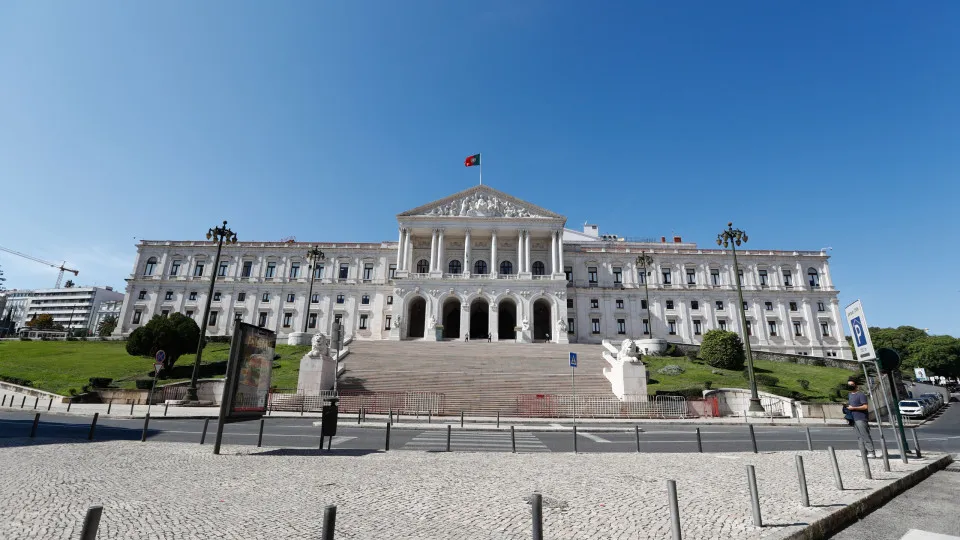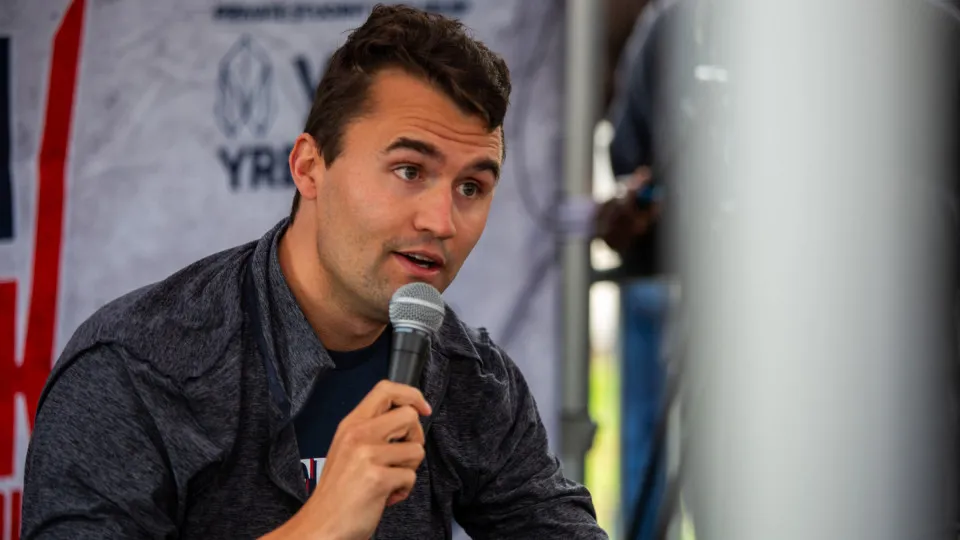
During a joint hearing of the Associação para a Cooperação Entre os Povos (ACEP), Casa dos Direitos da Guiné-Bissau, Federação das ONG de São Tomé e Príncipe (FONG-STP), and Plataforma das ONG de Cabo Verde, Portuguese Foreign Affairs and Communities Committee deputies listened to field perspectives on the importance of Portuguese cooperation.
“Portuguese cooperation remains essential for Cape Verde’s development,” and has been “crucial for the past 50 years,” stated Dirce Varela, Executive Director of the Plataforma das ONG de Cabo Verde.
Varela emphasized the significance of proper state management of cooperation to achieve goals, advocating respect for recipient countries alongside local organizational involvement.
She acknowledged a “change in the cooperation paradigm” in recent times, with Portuguese cooperation remaining steadfast.
Miguel Barros, Executive Director of the Guinean NGO Tiniguena, which aims to promote participative and sustainable development based on conserving natural and cultural resources and exercising citizenship, also highlighted the importance of Portuguese cooperation.
Barros advocated for a closer relationship between the Assembleia da República and Portuguese cooperation initiatives where they are implemented.
Simultaneously, he suggested leveraging the Community of Portuguese Language Countries (CPLP) for projects more connected to people than institutional frameworks.
Filipa Oliveira of ACEP expressed concern over declining global Public Development Aid values and potential risks of diverting its budget to defense and security.
She mentioned many successful cooperation examples, particularly in education and health, while acknowledging occasional challenges.
Oliveira stressed the importance of cooperation projects maintaining focus on human rights and solidarity.
Parliamentary deputies from various groups showed interest in strengthening ties between the Portuguese parliament and cooperation project promoters in Lusophone countries, expressing readiness for support.




